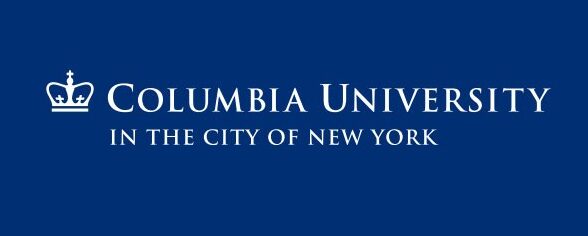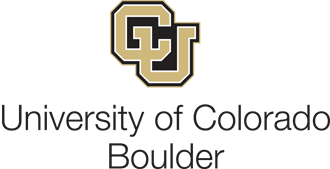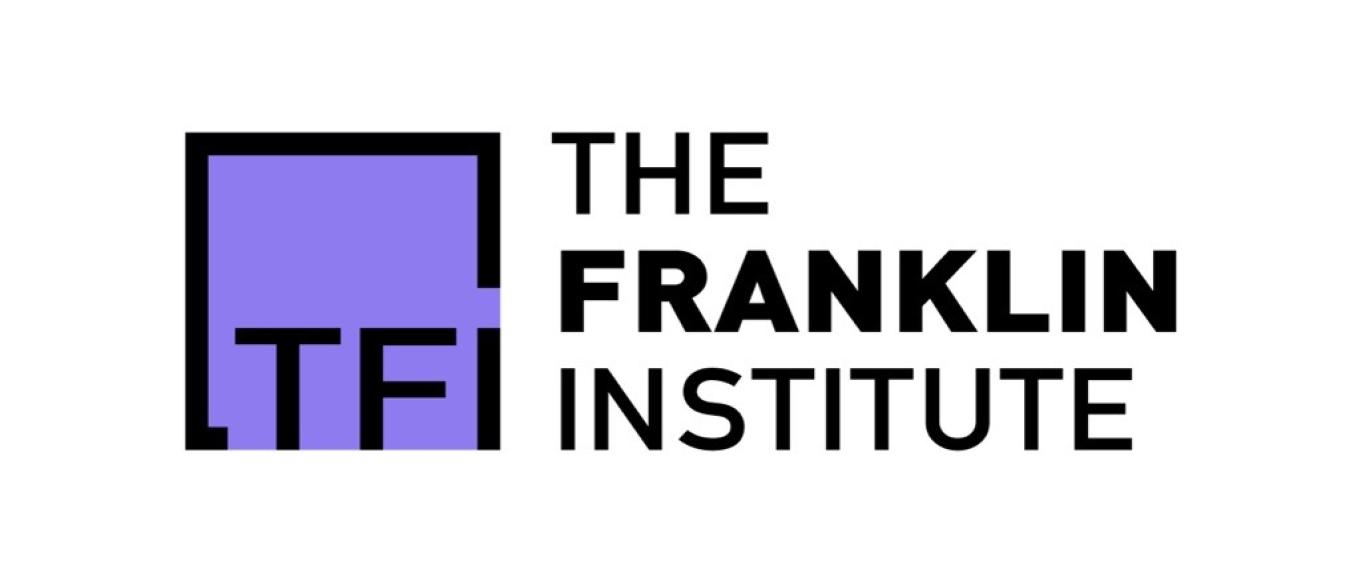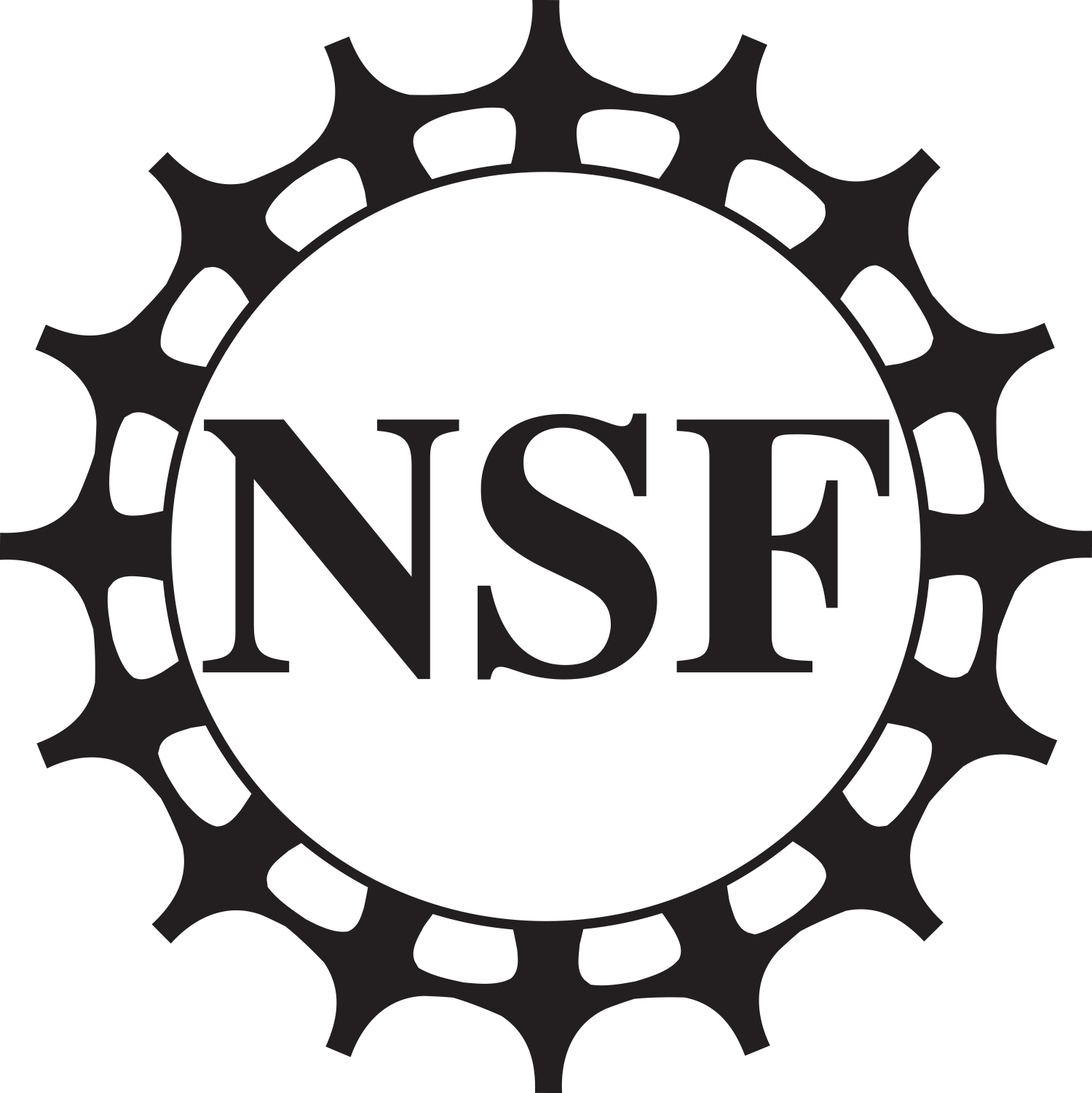Explore New Research Areas with CEMB
The CEMB provides opportunities for faculty and trainees at CEMB research and educational institutions to explore new research areas and learn new techniques. Seed grants allow new faculty members to become faculty scholars in CEMB and are expected to become active participants in Center activities. Pilot grants give trainees the opportunity to propose and manage their own interdisciplinary research projects. Both CEMB investigators and trainees are eligible to apply for short-term “Sabbatical” funds to facilitate exchange with other CEMB labs to foster collaborations.
Funding for
CEMB
Trainees
Unfortunately, we are no longer able to support seed grants.
Travel funds for CEMB Fellows
Funding for
New Principal Investigators
Unfortunately, we are no longer able to support seed grants.
Funding Opportunities at CEMB Partner Institutions
Participating CEMB Universities:
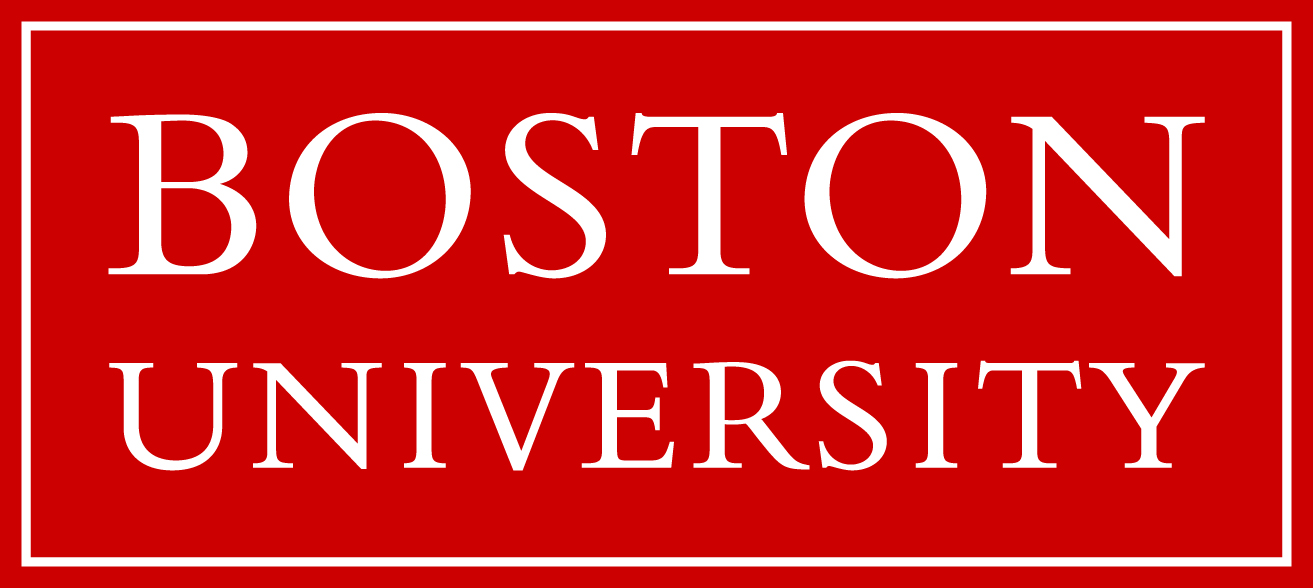
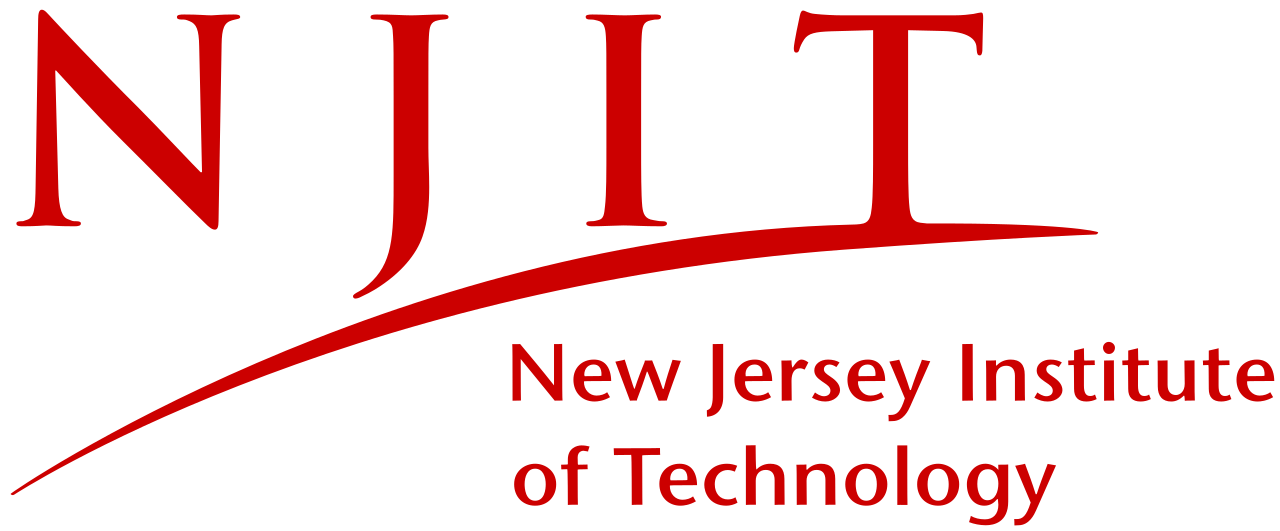

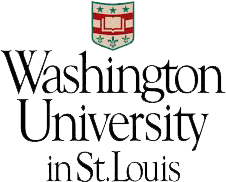
Participating CEMB University:

Participating CEMB University:

Participating CEMB University:

Participating CEMB University:

Participating CEMB University:

Participating CEMB University:

Participating CEMB University:

Participating CEMB University:

National Funding Opportunities
Ford Foundation Fellowships (for Predoctoral, Dissertation, and Postdoctoral Stages)
Additional Funding Opportunities
NSF Grant Programs: Science and Engineering
Biomechanics and Mechanobiology (BMMB)
Integrated and Organismal Systems (IOS)
Physiological and Structural Systems
Advanced Technological Education (ATE)
Advancing Informal STEM Learning (AISL)
Alliances for Graduate Education and the Professoriate (AGEP)
Facilitating Research at Primarily Undergraduate Institutions
Faculty Early Development Career Development Program (CAREER)
Graduate Research Fellowship Program (GRFP)
Graduate Research Internship Program (GRIP)
Innovation Corps – Nodes (I-Corps Nodes)
Innovation Corps – National Innovation Network Teams (I-Corps TM Teams)
Partnerships for International Research and Education (PIRE)
Research Experiences for Undergraduates (REU)


